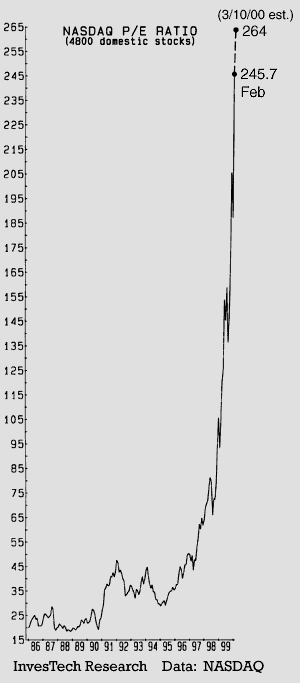What Is a Bull Market
Post on: 22 Май, 2015 No Comment

Published March 21, 2012
NewsCore
A bull market is characterized by high investor confidence and anticipation of capital gains optimism that drives investors to purchase stocks and commodities. On the other hand, a bear market is a general decline in the stock market over a period of time. Below are additional tips for distinguishing between the two and how to benefit in a bull market.
Bull and bear markets
The bull and the bear are symbolic animals of the stock market. The bull and the bear are emblematic of distinct financial phases: a growing economy with rising stocks or a shrinking economy with lower stocks, respectively. Investors are described as being bullish or bearish, depending on their tendency to buy as they anticipate stocks to rise or sell as they expect stocks to fall.
In a bull market, the general direction and trend of the market is upward, whereas in a bear market, it is the opposite, where the trend of the market is for prices to fall, said Wojtek Zarzycki, chief investment officer at Optimal Investing.
Benefits of a bull market
Higher stock prices typically accompany greater economic growth. An increase in perceived wealth will cause people to spend on goods, resulting in short term economic growth.
Michael Farr, president of Farr, Miller & Washington, explained, If job creators believe that economic growth is accelerating, this likely means that demand for their goods and services will improve as well. And if demand is improving, companies are more likely to add to payrolls.
Opportunity risk
It is generally agreed upon that the biggest danger of a bull market is missing the chance to benefit from it.
Edward Deicke, a financial representative of JHS Capital Advisors, said, One of the risks of a bull market is opportunity risk. The idea is that, by not having money in the stock market you risk losing the opportunity to make money.
However, know that bull markets can go on for extensive periods. David Twibell, president of Custom Portfolio Group, said that even if you missed half of the bull market during the 1980s and 1990s, you still could have turned a profit.
The end of the bull market
But all good things must end, and this is the true risk of a bull market. If you dont balance your portfolio to maximize returns, this can result in serious loses when the market drops again. Investors can forget to keep a balanced portfolio if their stocks appreciate fast enough. Once the stocks dont provide the same returns, they will once again remember the need to diversify investments.
Twibell explained, Investors who may have started off with a balanced portfolio including stocks, bonds, real estate and cash wind up with a portfolio that is almost entirely stocks.
Well-balanced portfolio
You dont want to suffer the abrupt end of a bull market or miss out on the opportunity to benefit from one. Therefore, you should maintain a well-balanced portfolio to lower the risk of either.
While people often bemoan capital loss, Deicke said, they very rarely realize how bad opportunity risk can be. A good, well-balanced portfolio of stocks and bonds may help mitigate risk in a bull and a bear market.
+ Follow Fox Business on Facebook














